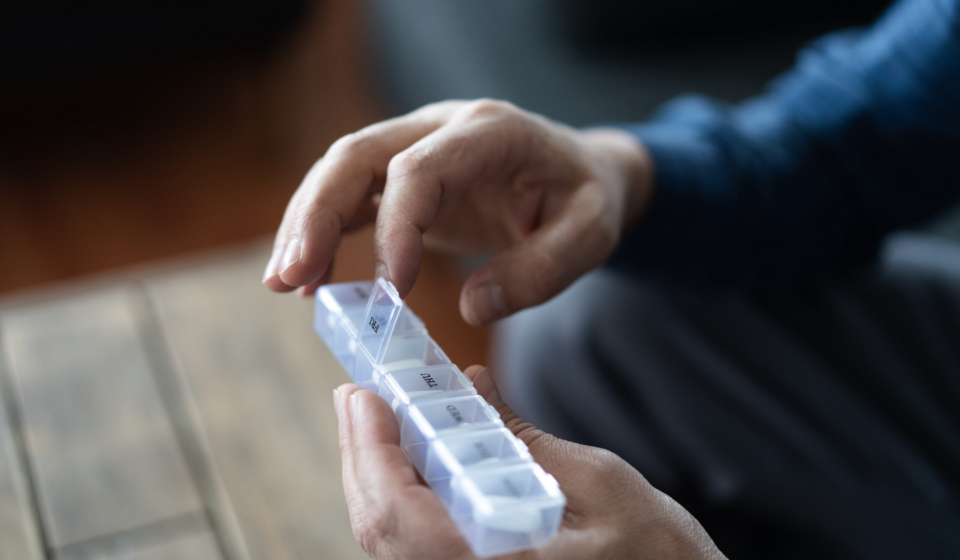Pharmedica USA LLC is voluntarily recalling two lots of Purely Soothing, 15% MSM Drops to the consumer level. This product is being recalled due to non-sterility.
Risk Statement: Use of contaminated eye drops can result in the risk of eye infections that could result in blindness.
To date, Pharmedica USA LLC has not received any reports of adverse events or illness related to this recalled product.
Product was distributed worldwide by Purely Soothing LLC via online e-commerce and trade shows (Ex. Amazon Marketplace, etc.).
The eye drop is used as an anti-inflammatory aimed to assist with symptoms of ocular irritation and/or swelling and is packaged in white, cylindrical HDPE bottles. The eye drops (LOT#: 2203PS01, 1 oz, UPC 7 31034 91379 9; and LOT#: 1808051, ½ oz, UPC 7 31034 91382 9) have eye dropper caps and white lids. The product can be identified by the labels below.
Pharmedica USA, LLC is advising customers to immediately stop using the product and return it to the place of purchase. Wholesalers and retailers should stop distributing/return to Pharmedica USA LLC immediately or confirm that the product has been disposed of with proper verification.
Consumers with questions regarding this recall can contact Pharmedica USA LLC by phone number at +1 (623) 698 – 1752 or e-mail address at osm@pharmedicausa.com Monday to Friday between the hours of 8:00 AM MST (AZ) and 5:00 PM MST (AZ).. Consumers should contact their physician or healthcare provider if they have experienced any problems that may be related to taking or using this drug product.









